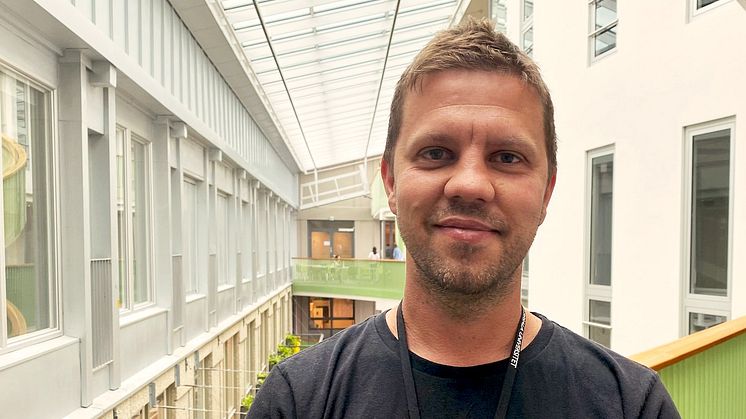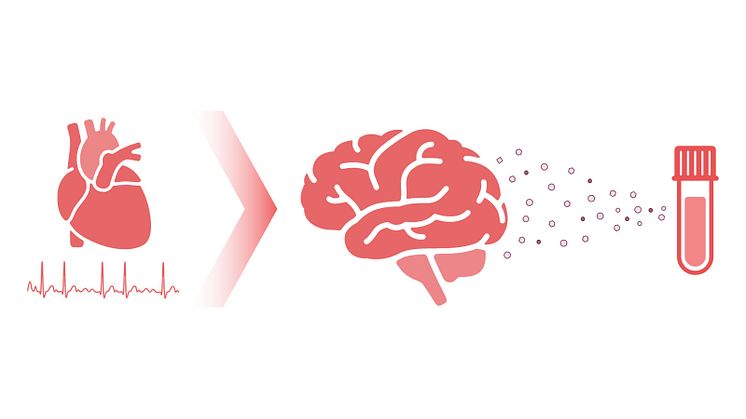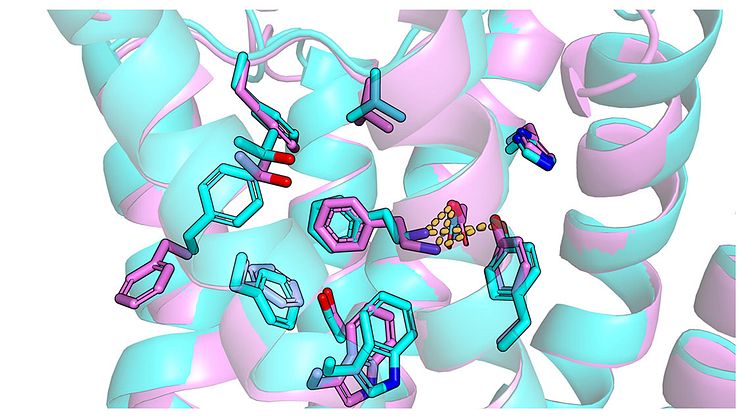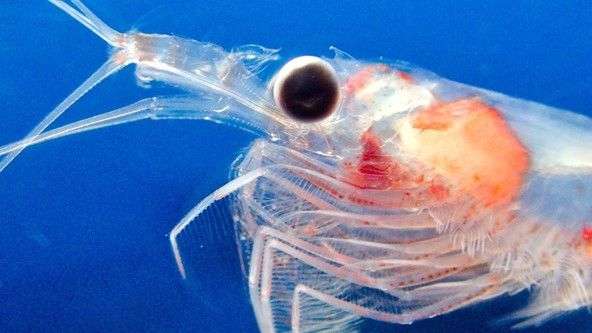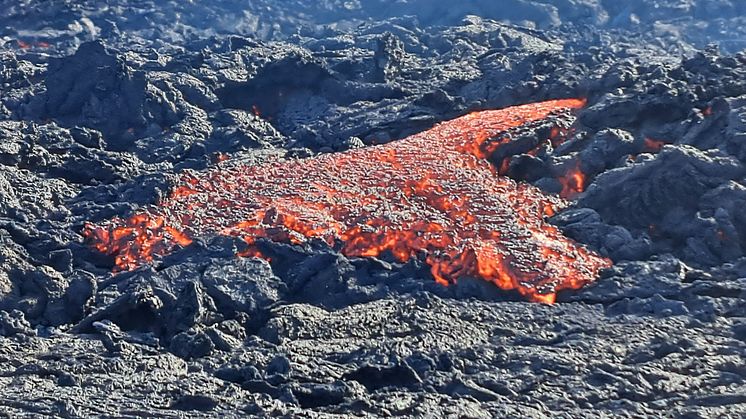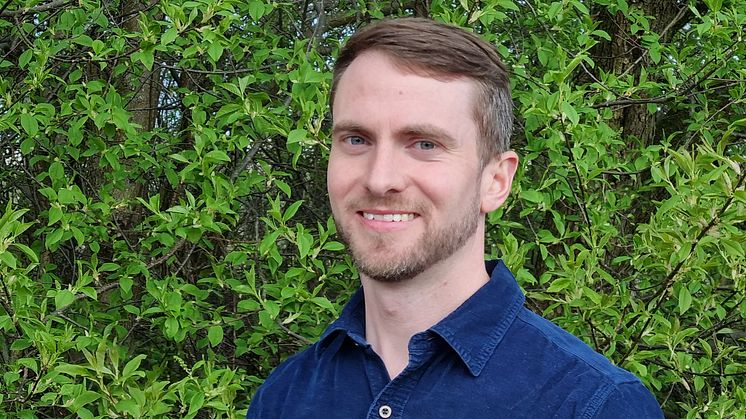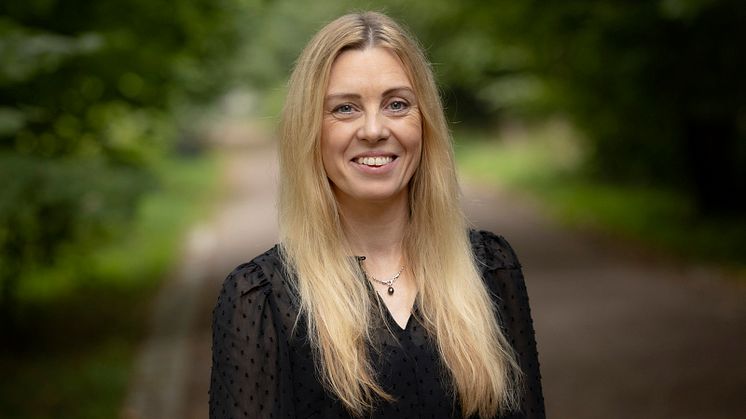Charles XV’s Norwegian Landscape painted in Romsdalen
King Charles XV (1826–1872) was known for his paintings, but elements of his artistic output have remained obscure until now. A researcher at Uppsala University has now discovered great similarities between one of the king’s most famous works, Norwegian Landscape, and that of the painting from Romsdalen by Norwegian artist Thomas Fearnley (1802–1842) .

